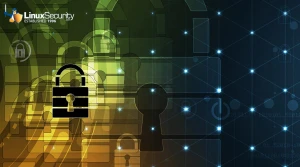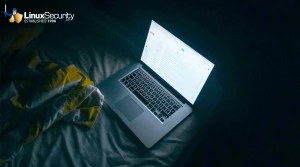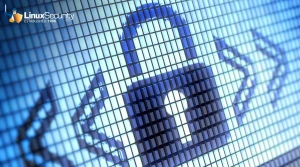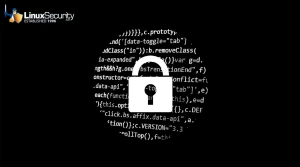The concern raised by the hackers is that custom firmwares could subvert this system. A custom firmware can include custom certificates in its trusted list. It can also use custom DNS servers. This raises the prospect of a malicious entity operating his own proxies to snaffle sensitive data. He would distribute a custom firmware that had a certificate corresponding to his proxy, and that used a DNS server that directed PSN connections to the proxy. His proxy would decrypt the data sent to it, and then re-encrypt it and forward it to the real PSN servers.


















